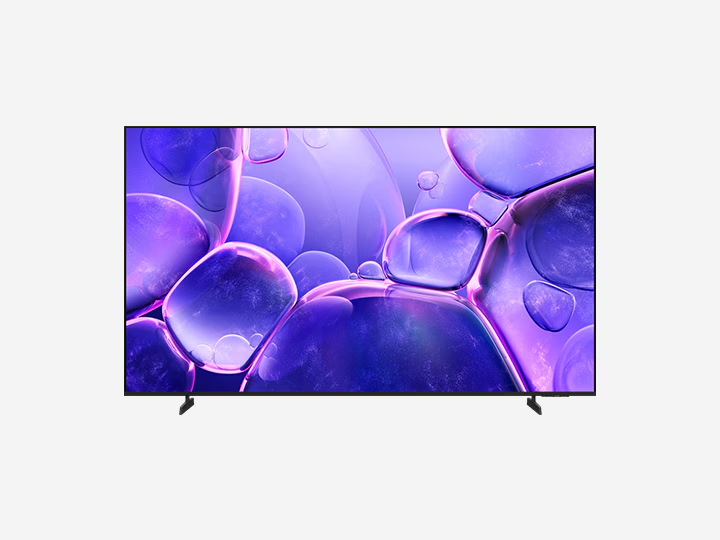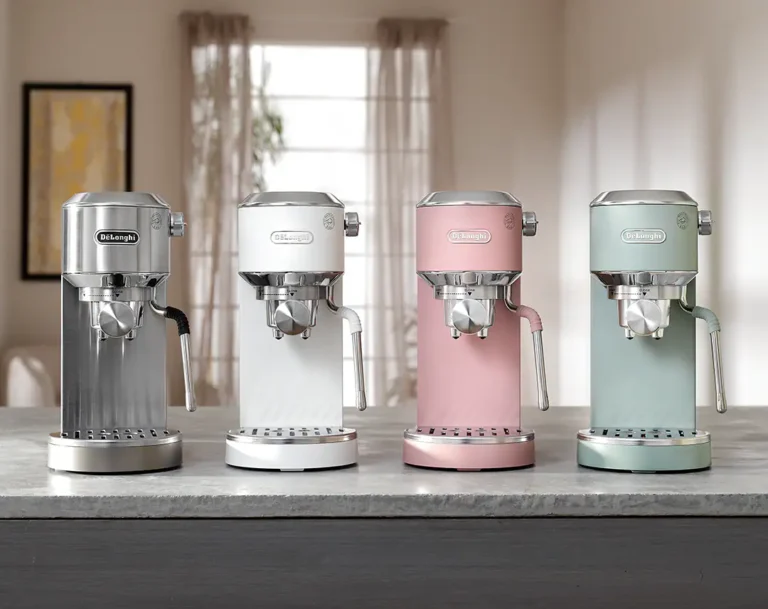What Your Home Will Learn About You in 2025 (And Should It?)
By 2025, smart homes will go past just making life easy and start providing intelligent personalization. Thanks to AI in home automation, todays and tomorrow’s homes often adjust to our needs, adapt to the way we live and create areas we enjoy most. Still, thanks to smart home technology, the question now is: what dubious things will those devices learn about you, and do you agree that they should?
The Rise of Smart Home Personalization in 2025
Smart home personalization has become key in the way people live today. You don’t need to change the temperature yourself with an AI-powered thermostat since it learns your schedule and adjusts itself. The right amount of light appears at the right times through your Smart Home, all without the press of a button. It’s no longer enough for a voice assistant to just respond; they can now recognize your situation and your likes and even notice changes in your voice, resulting in a smooth conversation for you. Even though new technologies provide great comfort and efficiency, many of them need people’s personal information.
AI in Home Automation: Enhancing Life, responsibly
AI in home automation helps simplify life by handling energy and predicting when you’ll need to shop for food. Based on how you use your house, smart devices will make changes that cut down on energy use and reduce your environmental impact. However, this data collection sparks concerns about how much information your home should gather. The ethical, smart home tech movement emphasizes transparency and consent, advocating for devices that respect user privacy while still delivering advanced functionality.
Why Privacy-Friendly Smart Devices Are a Must

More and more, consumers value Privacy-friendly smart devices since they don’t want to give up their personal information while using AI. The aim is for these devices to keep data locally, making it less easy for anyone else to get to your information. They have features that help people decide what happens to their information. Smart houses are both advanced and reliable thanks to a good balance of innovation and privacy.
Ethical Smart Home Tech: Building Trust in Your Sanctuary
Ethical smart home tech is about more than just protecting data; it’s about designing devices that consider the well-being of users and the community. Manufacturers are increasingly adopting privacy by design principles, embedding security and ethical considerations from the ground up. This trend in 2025 smart home trends means users can expect more accountability, with companies offering greater transparency about their AI systems and data handling practices.
What Should Your Home Know? Navigating Boundaries
As your home’s AI grows more sophisticated, defining what it should learn becomes critical. Should your smart thermostat track your presence throughout the day or only adjust based on time schedules? Should voice assistants remember every conversation or only specific commands? These questions matter because the line between helpful automation and intrusive monitoring is thin. Setting clear boundaries through user-friendly privacy controls empowers homeowners to decide how much their home knows about them.
Conclusion: Embracing Smart Homes with Confidence
Smart homes are now adapting every day by understanding our likes and dislikes to make life simpler. Enjoy AI home automation on devices that are friendly with your privacy using Your Gift Wish. You should pick technology that doesn’t invade your privacy while offering comfort and convenience. Staying current with the latest technology allows you to get home smart devices that protect your private details.







